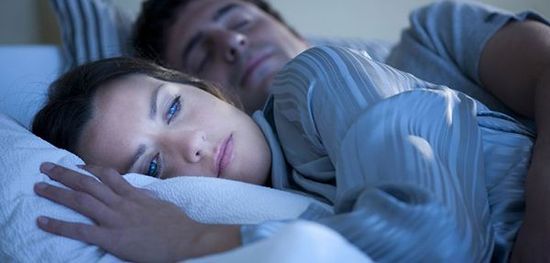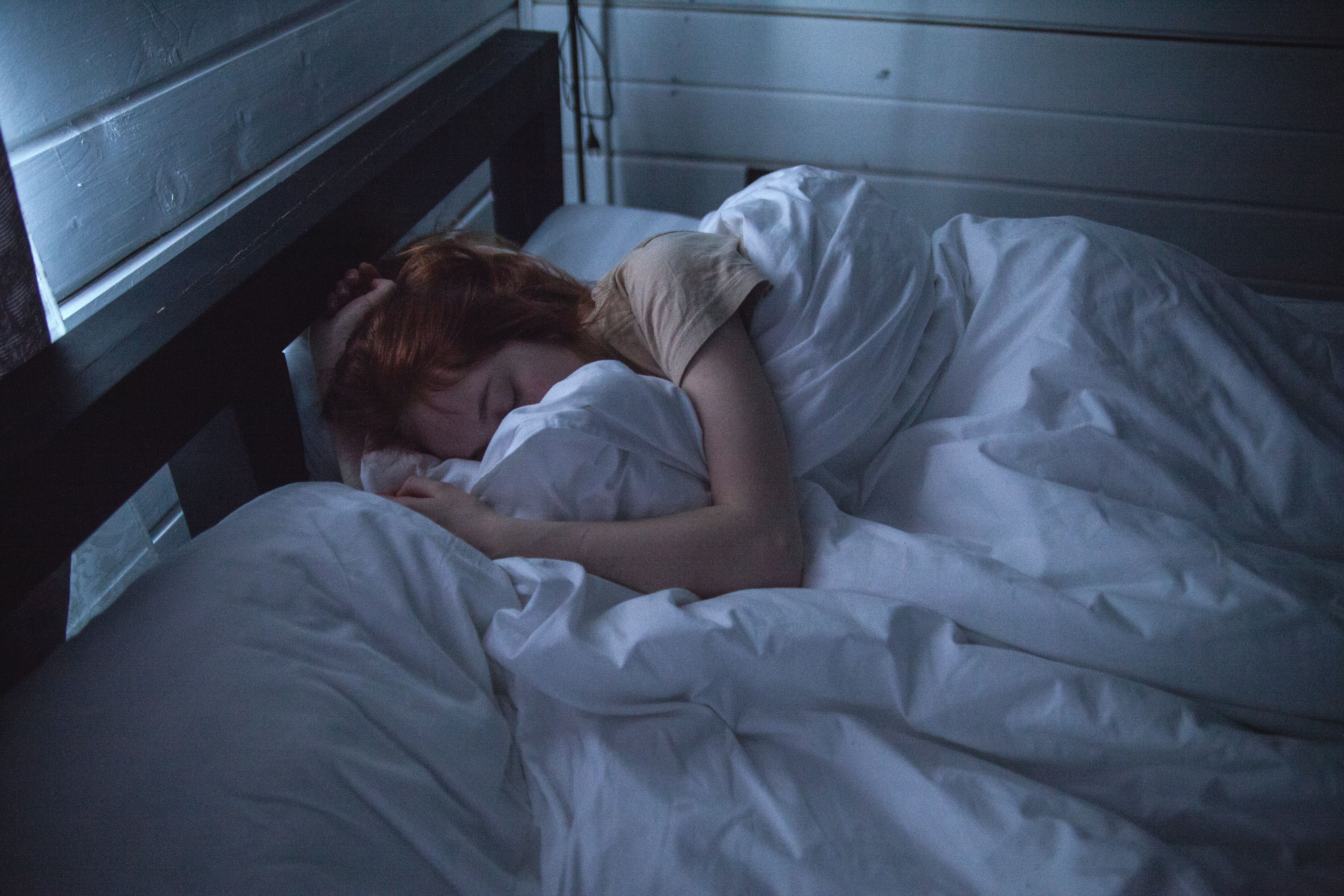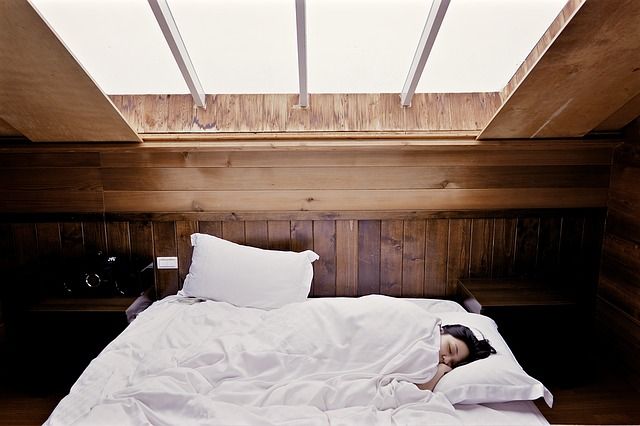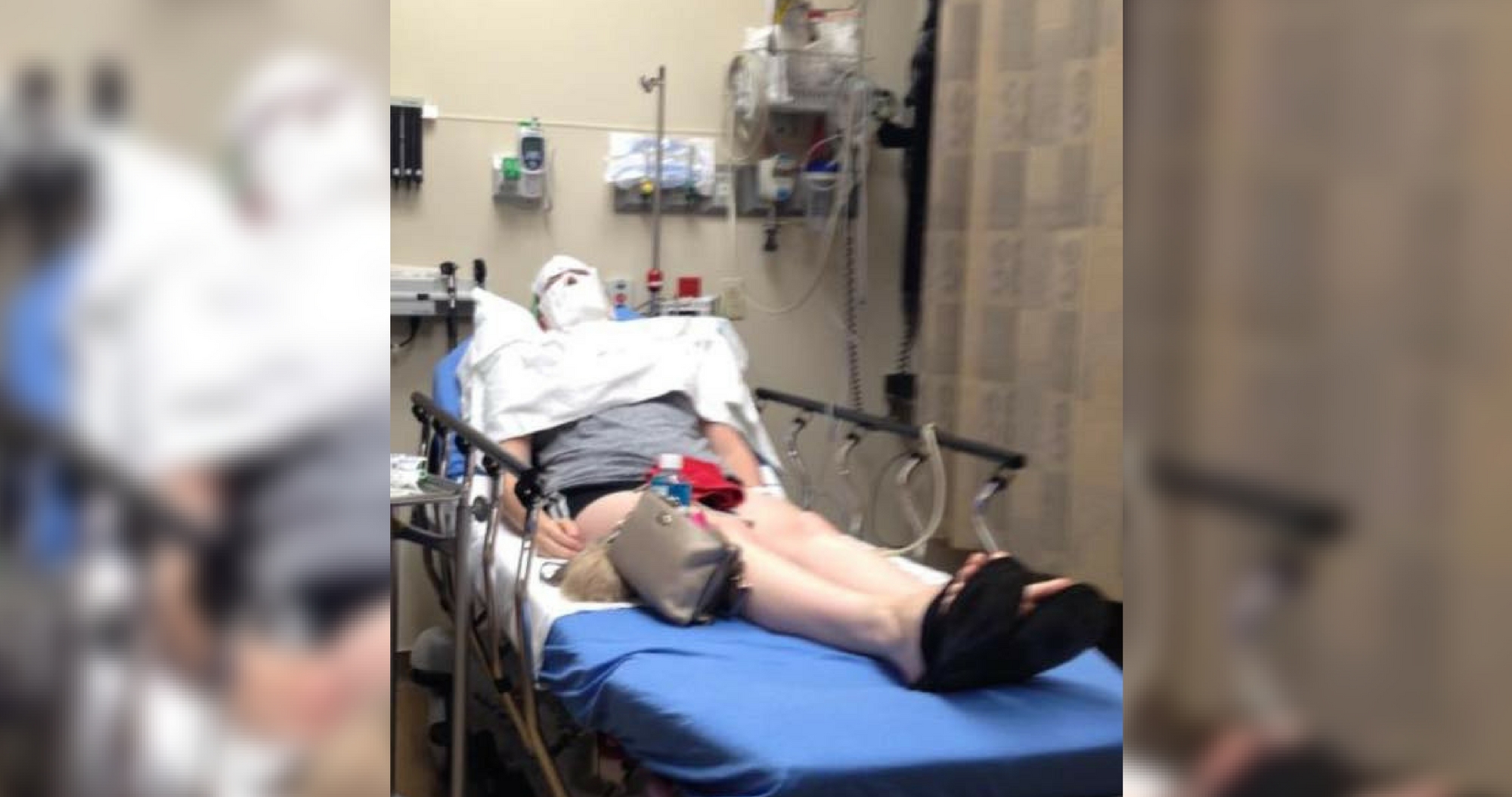Have you ever been lying down in your bed, slowly drifting off to sleep, when you hear a little whisper or mumbled chatter? Because I have, and it's very frightening.
Personally, I always thought I was going a little crazy when it happened, but then I found out that I wasn't the only one who experienced this. Not only am I not the only one, there's actually a name for it and it's not as scary as I once thought it was.
It's called Hypnagogia.
In the most simplest of terms, it's the state that exists between being asleep and being awake.
We all know how it feels to be awake, and we all know what it's like to be asleep, but for some people, the process of falling asleep takes a weird little turn and plays tricks on your mind.
It has been around for centuries, but only received its name recently.
Artists used to use this half-asleep-half-awake time to create their best ideas, including Salvador Dali who said, "You must resolve the problem of "˜sleeping without sleeping,' which is the essence of the dialectics of the dream, since it is a repose which walks in equilibrium on the taut and invisible wire which separates sleeping from waking."
So what is Hypnagogia?
Neurologist Dr. Milena Pavlova explains that it's actually fairly similar to REM sleep, except that you're still conscious enough to be aware of what's happening.
You brain starts to make free associations and jump around through your memories and thoughts, just like does in REM, except that you're actually able to understand (at least partially) what your brain is thinking.
Pavlova calls it a state of limbo, that allows you to experience what you do while you're asleep.
"You wind up in the state somewhere between sleep and wakefulness, and you experience some phenomena of sleep while you are still able to be awake and remember them."
Why does Hypnagogia happen?
Studies have found that when this happens, both alpha and theta brain waves are present when this phenomenon occurs.
The alpha brain waves are what you normal experienced in a regular waking day, at least when you're in a relaxed state. Theta waves are what happens during REM sleep, AKA during restful sleep.
So by experiencing both of them at the same time, it causes the Hypnagogia which can cause unusual visions and sensations.
Not only that, but it reduces the activity in your prefrontal cortex, which is usually used for planning and decision-making.
What happens when you're experiencing Hypnagogia?
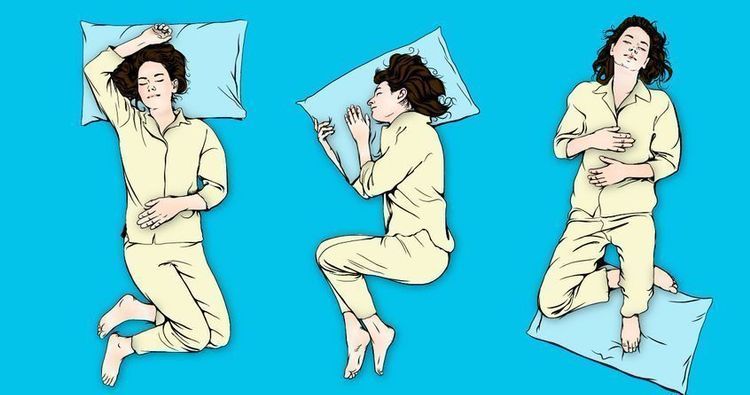
It can present itself in a lot of ways, including visions, sounds, colors, sensations, and thoughts.
Psychologist Deirdre Barrett explained the common symptoms that are experienced.
"Typically, there is a lot of visual imagery. Sometimes static images, sometimes short-moving segments and occasionally longer narratives more like REM sleep dreams. Sounds also accompany this state sometimes."
"Part of your brain is still in the waking world and part of it is not, and so you see this that are not there. It's very similar to the dreaming stages of sleep."
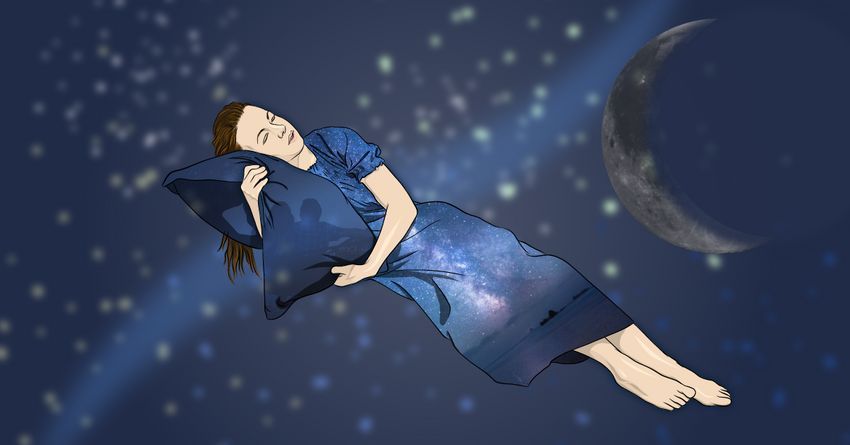
Common Symptoms of Hypnagogia:
Sights: You may see something as simple as spots, lines, or patterns, or as complex as moving 3D objects. They often change rapidly, and lack a context, but many artists have been able to recall them to use in later works.
The Tetris Effect: Have you ever been on a boat all day, and then when you go to bed you still feel the waves rocking you even though you've been on land for hours? Well, that's part of this effect. While you drift in and out of consciousness, your body is having these fragmented dreams that recreate those repetitive motions you experienced.
Sounds: One of the most common forms of Hypnagogic hallucinations tend to be auditory. There have been people who hear anything from a loud band to a quiet whisper. For me, I end up with something that sounds like mundane chatter, but I can't make out the words. Apparently that's very normal because it's often very fragmented and doesn't always follow typical speech patterns.
Other Sensations: It can also be experienced with tactile sensations, smells, and it is even connected to those twitches your body will get while you fall asleep.
What causes Hypnagogic Hallucinations?
Studies have found that these symptoms have been experienced by about 25% of the population.
Women are more likely to experience this condition, but it does happen to men as well. While there is no official cause, the risk factors include:
- Drug and Alcohol Use
- Anciety
- Stress
- Bipolar Disorder
- Depression
- Insomnia
- Narcolepsy
Have you ever experienced these symptoms? It can be a really freaky experience, but it's nice to know I'm not the only one!
If you start noticing these types of symptoms, you should mention it to your doctor though. Even if you think that it's just this weird brain phenomenon, just to be sure!
Sleep is so important to your health, so if you find that this condition is making it difficult you should be careful. There's a certain amount of sleep your body needs to function at it's best, and you wouldn't want to sacrifice it!
If you aren't getting enough sleep, your body really starts to suffer.
There are a few ways you can improve your sleep, including adding a few plants to the room that are known to help boost your mood.
Source - Psychology Today / Health Line / Medical News Today

